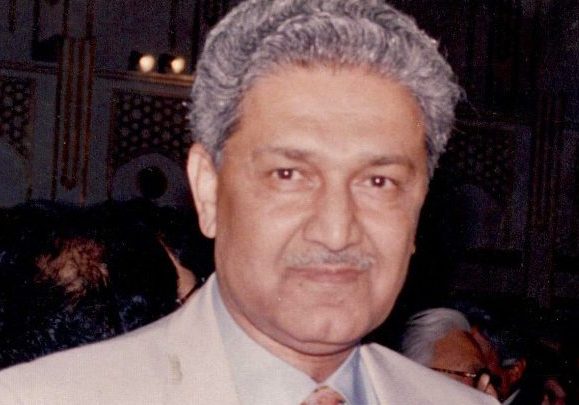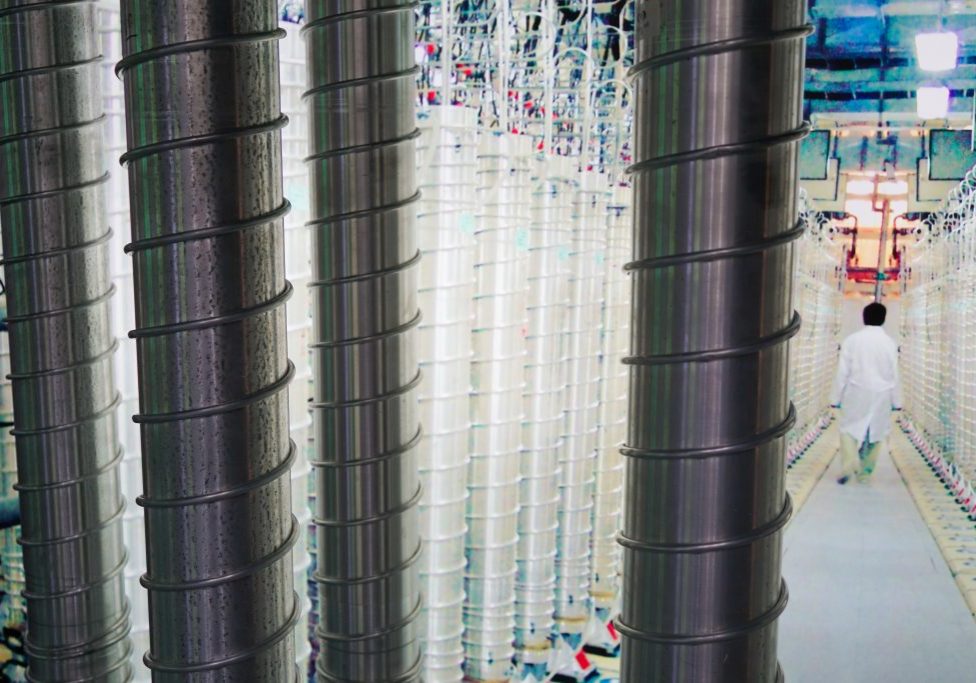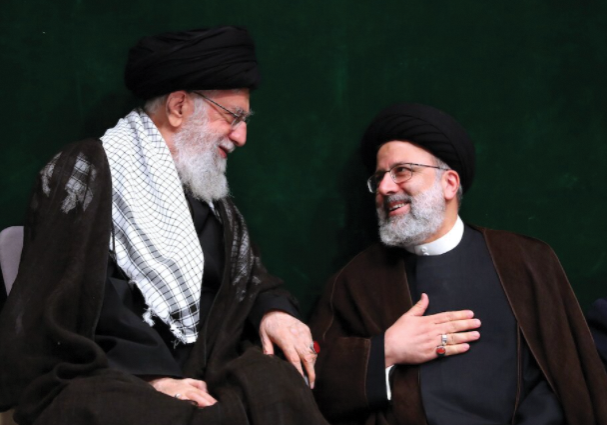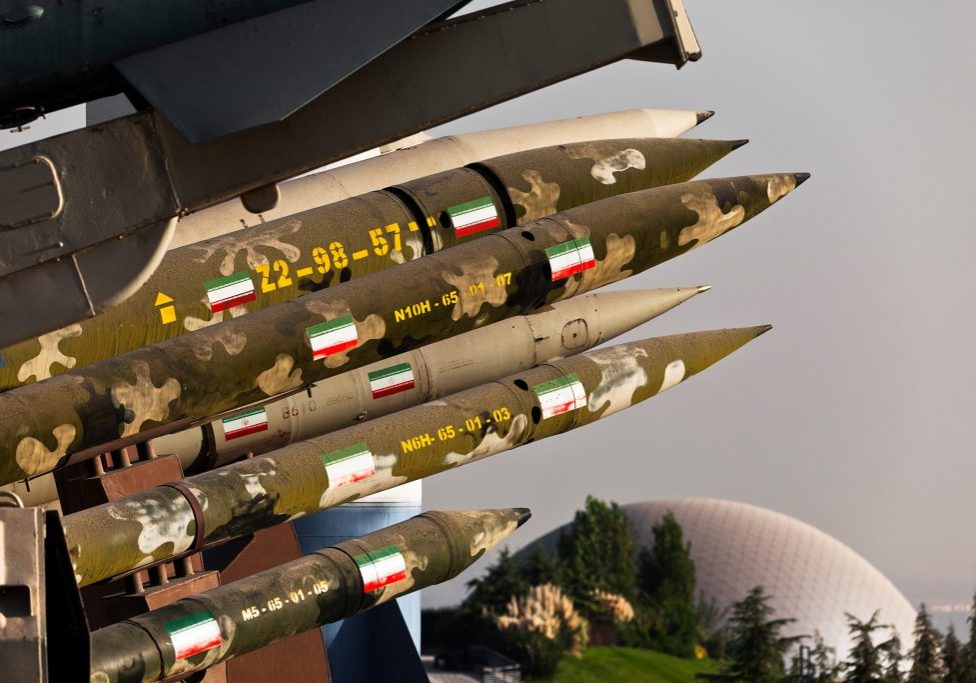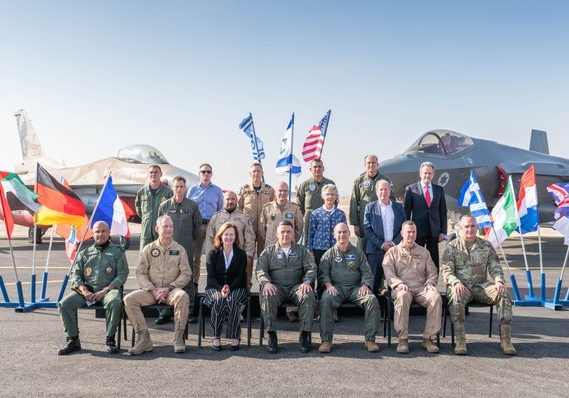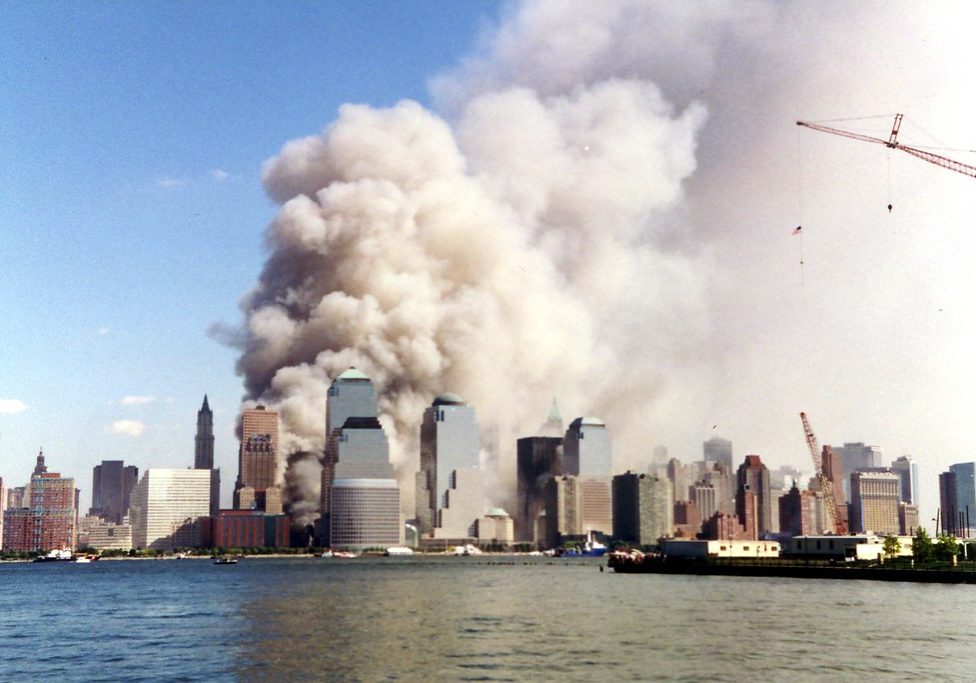Australia/Israel Review
Editorial: Beyond a Ceasefire in Lebanon
Sep 1, 2006 | Colin Rubenstein
Colin Rubenstein
The war is over, for now. UN Security Council Resolution 1701 ended, at least for the time being, the fighting between Israel and Hezbollah. The overarching problem, unfortunately, is that it lacks adequate mechanisms to implement its stated objectives.
The Resolution calls for a ceasefire and the gradual withdrawal of Israeli troops. They are to be replaced by 15,000 Lebanese soldiers supplemented by a 15,000-strong UNIFIL, up from the 2,000 foreign troops in Lebanon before July 12.
According to the resolution, these troops are to enforce Lebanese sovereignty over south Lebanon. The resolution reiterates a previous call for the disarmament of Hezbollah (UN Resolution 1559) and adds an embargo on arms transfers to Hezbollah.
The resolution provides a clear end, but unfortunately not the means to achieve it.
The biggest problems on the ground are likely to be the disarmament of Hezbollah and the enforcement of the arms embargo. Resolution 1701 gives no effective power or mechanism to implement its demands, except to request the Lebanese Government do so. But the Lebanese Government, complete with its two Hezbollah cabinet ministers, has in the past proven its unwillingness to even attempt implementing similar resolutions, such as 1559. There is little reason to expect change now.
The world had hoped, in the wake of Syria’s withdrawal from Lebanon last year, that things would be different for the Lebanese. It was, after all, Lebanese people power, the ‘Cedar Revolution,’ plus a neat exercise in international diplomacy, that forced Syria to leave.
With Syria’s malevolent influence over Beirut theoretically removed, the world looked forward to Lebanon becoming a true state for the first time since the 1975 Syrian occupation – a state willing to exert control over its own affairs. Unfortunately, it was after Syrian influence was removed – not before – that Lebanon invited Hezbollah to join the Government.
Fighting Israel is both Hezbollah’s raison d’etre and the source of its popularity. It was for this reason that Hezbollah refused to disarm after Israel withdrew from its south Lebanon security zone in 2000. With the assistance of Iran and Syria, Hezbollah established a mini-state, which included a stock of 13,000 imported rockets. It was the growing threat of Hezbollah’s rockets, combined with its continuous attacks on Israel, in service of an ideology demanding Israel’s elimination, that led Israel to react so strongly to Hezbollah’s illegal July 12 attacks, involving killing and kidnapping soldiers and rocketing an Israeli town.
Those attacks were almost certainly timed to further Iranian interests – specifically, the likelihood of a Security Council debate about sanctioning Iran over its refusal to halt its illegal nuclear weapons program.
Remember, Hezbollah is an armed party founded, funded, trained, and in part directed by the Iranian Revolutionary Guards. Hezbollah’s leader, Sheikh Hassan Nasrallah, takes pride in echoing the views of his Iranian benefactors. Nasrallah, Ayatollah Ali Khamenei and Mahmoud Ahmadinejad have all repeatedly stated that Israel’s existence is intolerable. Indeed they claim that a Muslim’s religious obligation is to fight Israel until it is destroyed.
Hezbollah, Syria and Iran all want to retain their ability to use Lebanese territory to provoke conflict with Israel whenever convenient.
If the international community is serious about regional peace, it must put in place mechanisms to ensure Hezbollah is permanently disarmed. Unfortunately, the necessary international political will seems in short supply.
France, as co-drafter of Resolution 1701, has been rapidly back-pedalling on its commitment to Lebanon. After originally announcing a squad of 5,000 troops to lead the force, Paris reduced this promise to 50 ‘specialists’, before finally backtracking again to pledge 2,000. The reason given was 1701’s lack of detail vis-à-vis how the international force would disarm Hezbollah.
But this lack of meat, somewhat ironically, is a direct result of France diluting the resolution to appease its friends in the Arab world.
Meanwhile, US Ambassador to the UN John Bolton is struggling in his efforts to push for a resolution spelling out the revamped rules of conduct for the revamped UNIFIL. The wording of his proposed resolution will be more important than it simply passing. A myriad of resolutions, demanding no private militias in Lebanon, has been passed since 1978. Despite this, Hezbollah was allowed to exist and grow stronger.
Bolton’s desired resolution must do nothing less than spell out a demand for an immediate, full and verified Hezbollah disarmament backed by a credible threat of force.
If Hezbollah is not disarmed it will only be a matter of time until violence flairs anew. Hezbollah’s military capability might have been severely battered, but its desire to see Israel bleed remains intact. If Iran rebuilds and rearms Hezbollah, the latter will launch more attacks when the former tells it to. Israel, like any state in the world, will respond to attacks on its citizens by attempting to prevent further strikes.
It’s not just the citizens of south Lebanon and north Israel that would benefit from a strongly worded resolution. Indeed, hopes for positive movement on the Israeli-Palestinian issue depend in part on strong international commitment to resolve the Hezbollah crisis.
Israel’s ability to make further territorial withdrawals in the West Bank has been severely curtailed by the fear that any areas vacated will become another south Lebanon, only this time with rockets able to reach Israel’s civilian heartland.
The ramifications go further than Israel and its neighbours. If the UN is to be seen as a respected institution capable of maintaining international peace and security – such as dealing with Iranian nuclear efforts and the ongoing campaign of genocide being waged in Sudan – it must pass this test it now confronts, courtesy of Hezbollah and its Iranian backers.
![]()
Tags: International Security

